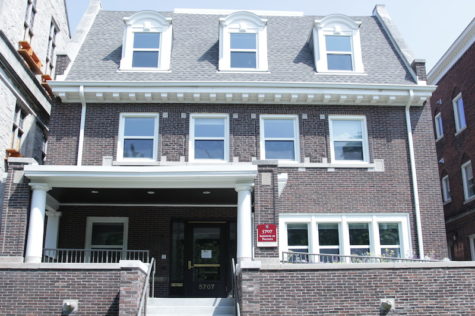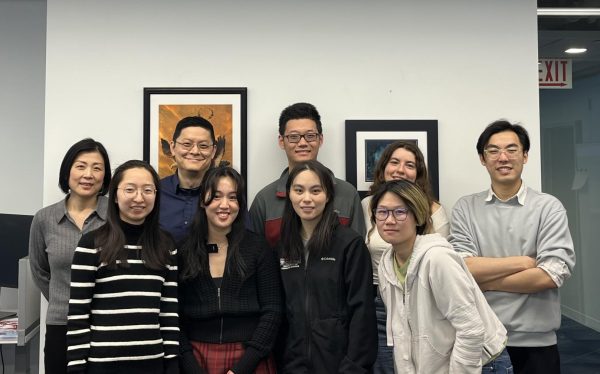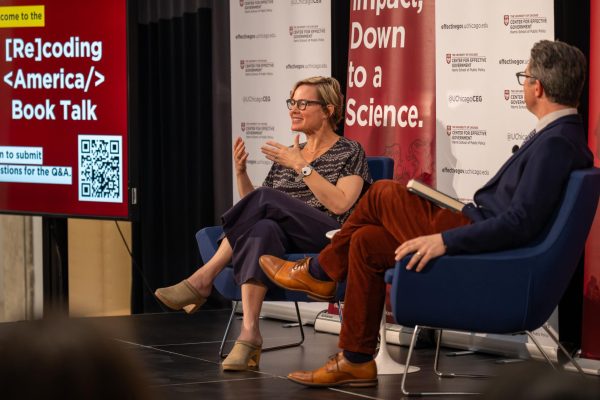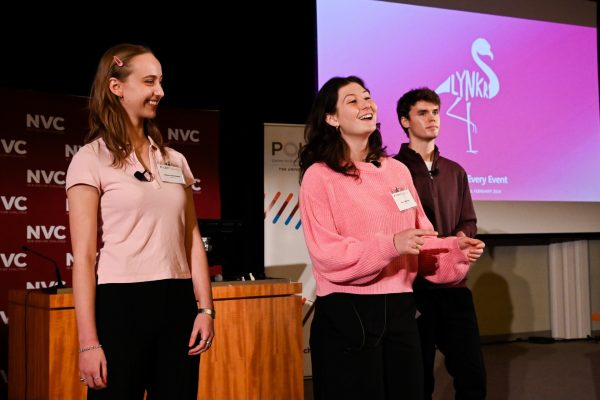Students debate “What is Feminism?”
May 8, 2007
The U of C Feminist Majority (Femmaj) debated the question of “What is Feminism?” when it hosted its annual lecture Thursday night. A panel of four U of C students described their personal definitions of feminism and what the subject means to them.
The first speaker, second-year Brenden Heiberger, presented the concept of feminism as a subset of humanism that looks to advance the position of women in society. He also spoke out against separatist feminists who believe that equalizing the power of women involves proving that women are better than men. Heiberger touched on whether or not physical characteristics are the only factors differentiating men and women.
Third-year panelist Steven Cohen elaborated upon the distinction between sex and gender, questioning how they are defined along a single spectrum. He concluded by asking whether or not society is “tired of holstering their damn label guns” and wondering if it is “exhausting to police boundaries based on the fate of biology.”
Katie DeBoer, a fourth-year and Femmaj member, spoke of the importance of choice and abortion. Without the option of choice, she said, all other aspects of feminism would have a lesser impact. She referred to the current controversy over the issue in support of her argument that women’s choice threatens men and their control over women and family. “Predominately male legislatures continue to tell women what to do with their bodies,” she said.
Naima Raquel, a third-year and the panel’s final speaker, provided a cultural and political perspective to the discussion. Raquel does not label herself a feminist, but she distinguished between being a womanist and being a black feminist, while also providing historical information about the Black Feminist Movement.
Audrey Haberman and Sarah Bouchat, both second-years and members of Femmaj, helped choose this year’s panel.
“We never want a panel of predominately white females from Fem,aj,” Bouchat said. “We usually sit and think about who would be invested in presenting their own ideas on feminism.”
“The panel usually varies a lot from year to year,” Haberman said.
Although more than 30 people attended the lecture, Haberman expressed disappointment with the turnout.
“I was happy with the way things went tonight, but I just wish there were more people,” Haberman said. “However, we did have trouble finding a room, so that could have been why.”













